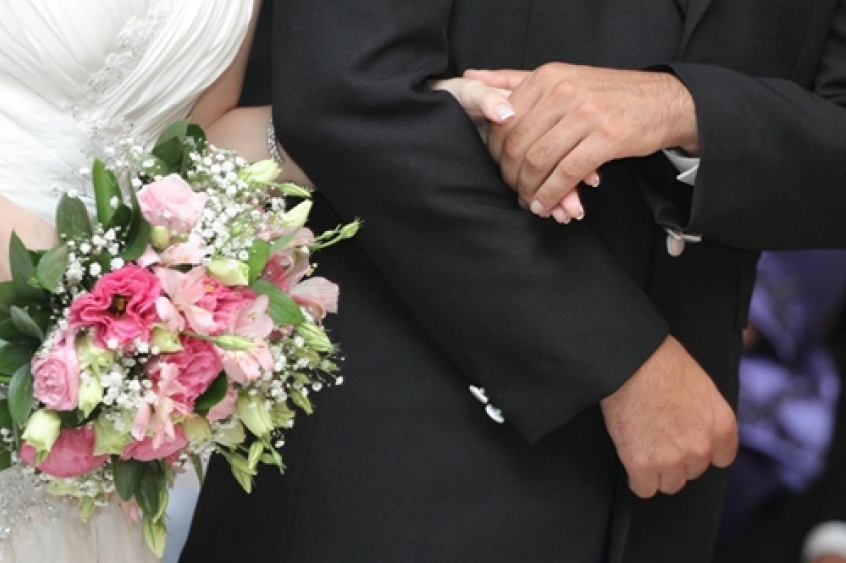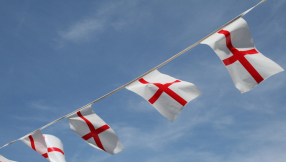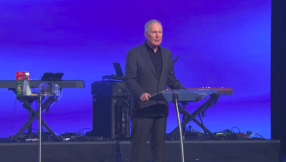
The Church of England has set out to explain why it believes in a traditional understanding of marriage in a new report out this week.
"Men and Women in Marriage" takes as its basic premise the view that marriage is a "gift of God in creation and means of His grace", providing the best context for the raising of children.
The report defines marriage as a "faithful, committed, permanent and legally sanctioned relationship between a man and a woman, central to the stability and health of human society".
It also clarifies that the intention is not to repeat its arguments against Government plans to legalise same-sex marriage.
"The disagreements [over same-sex marriage] now need to be set against a more positive background of how Christians have understood and valued marriage," the report explains.
The report does, however, make clear that there are not two kinds of marriage, one religious and one civil, as has been suggested in the gay marriage debate.
"There have simply been two kinds of marriage ceremony," the report states.
A concluding note also suggests that the legalisation of same-sex marriage will have a negative impact on the institution of marriage more generally.
"The reality of marriage between one man and one woman will not disappear as the result of any legislative change, for God has given this gift, and it will remain part of our created human endowment.
"But the disciplines of living in it may become more difficult to acquire, and the path to fulfilment, in marriage and in other relationships, more difficult to find."
In the foreward to the report, the Archbishops of Canterbury and York recommend it for study.
The report was produced by the Church's Faith and Order Commission.
Chair of the Commission, the Bishop of Coventry Dr Christopher Cocksworth said: "There is a danger in the current debate of picking apart the institution of marriage which is part of the social fabric of human society.
"This report seeks to celebrate all that is good about marriage in its ability to bring together biological difference and the generative power of marriage to bring forth life. It also recognises that there are forms of human relationships which fall short of marriage in the form the God has given us.
"This report also underlines the role of the Church in seeking to provide care, prayer and compassion for those who for whatever reason are unable to receive the gift of marriage in the form that the Church has understood it and continues to uphold.
"Whilst it is right that priests and church communities continue to seek to provide and devise pastoral care accommodation for those in such situations, the document is clear that public forms of blessing belong to marriage alone."













